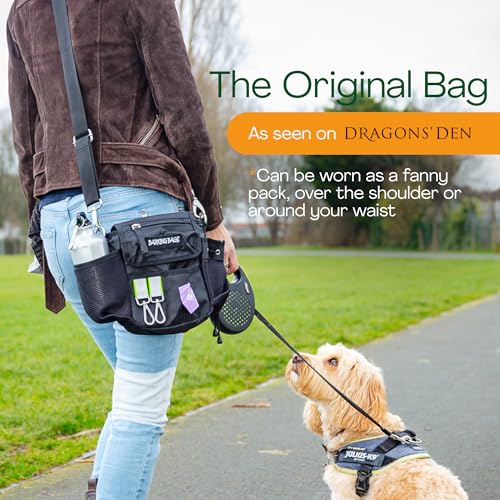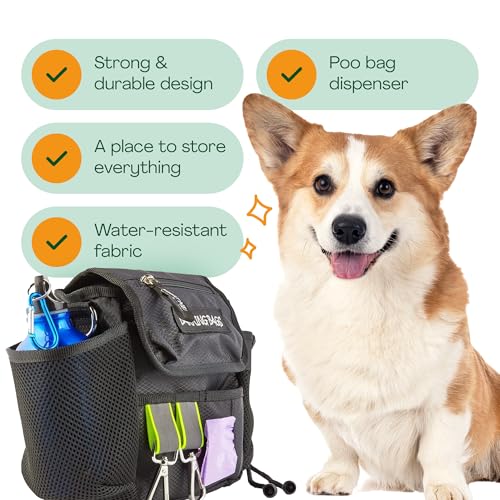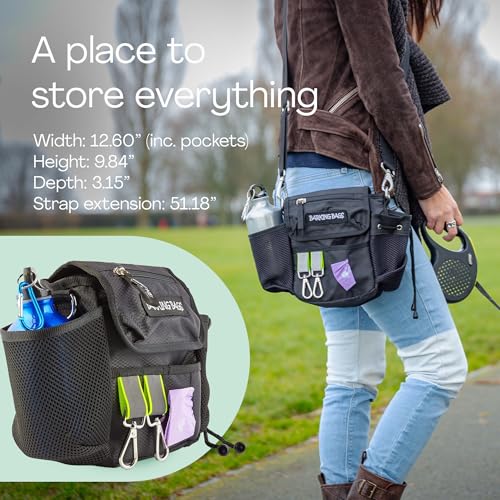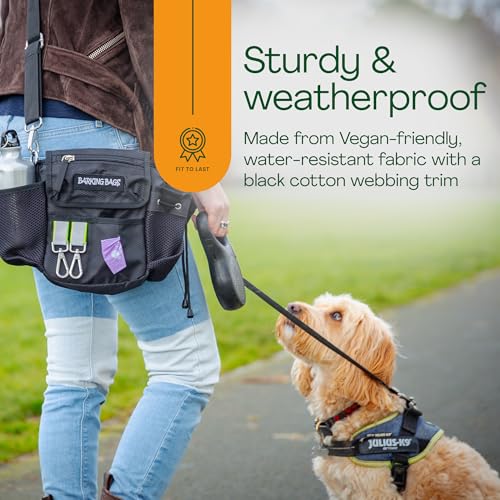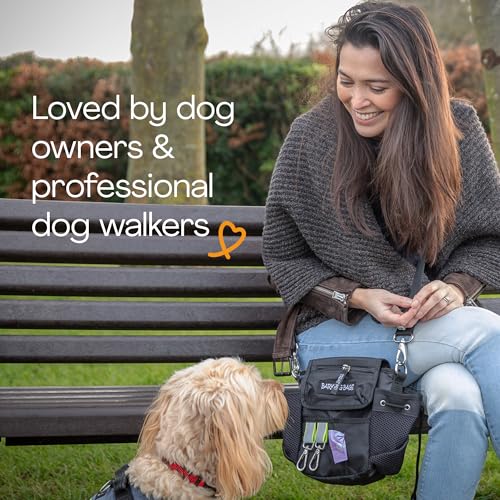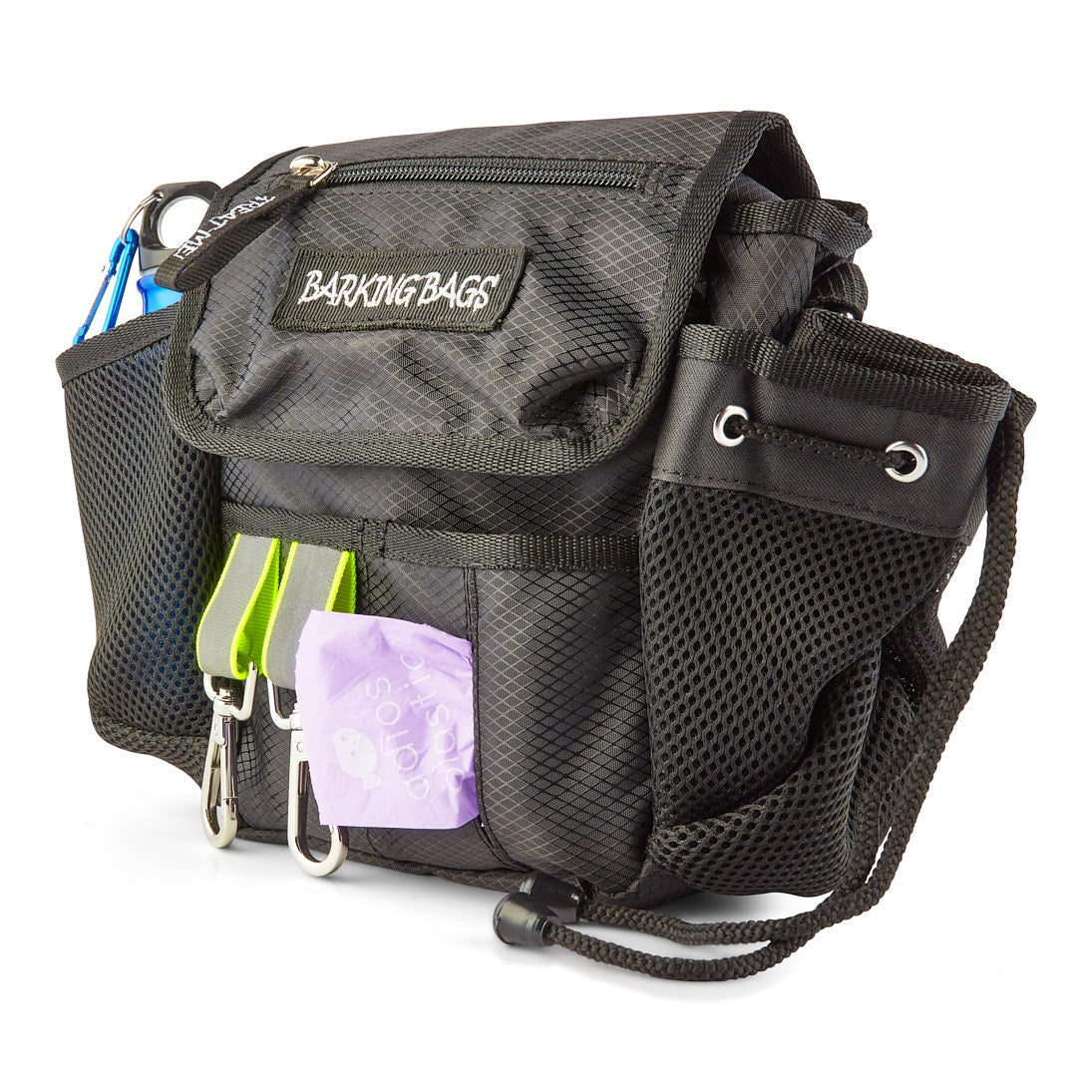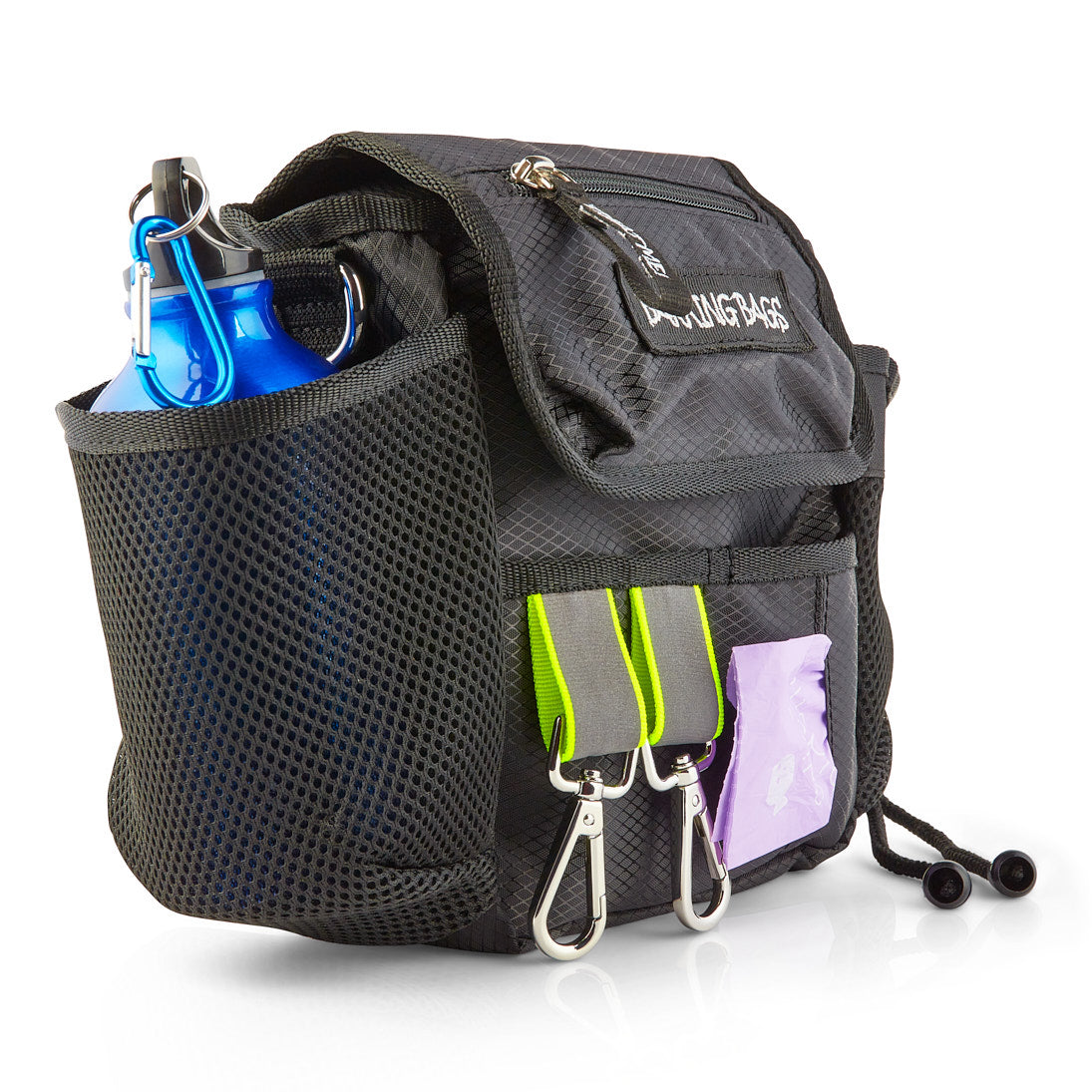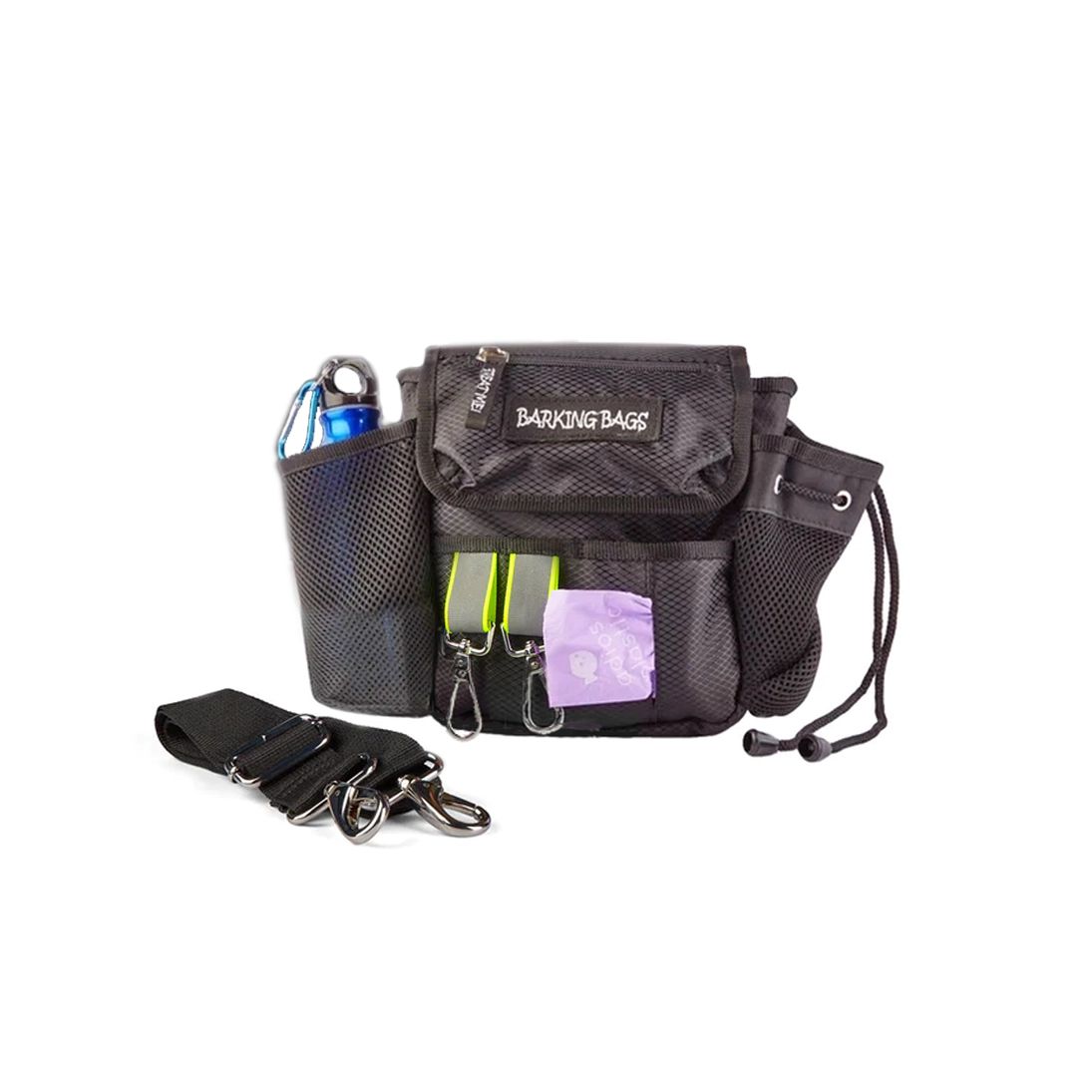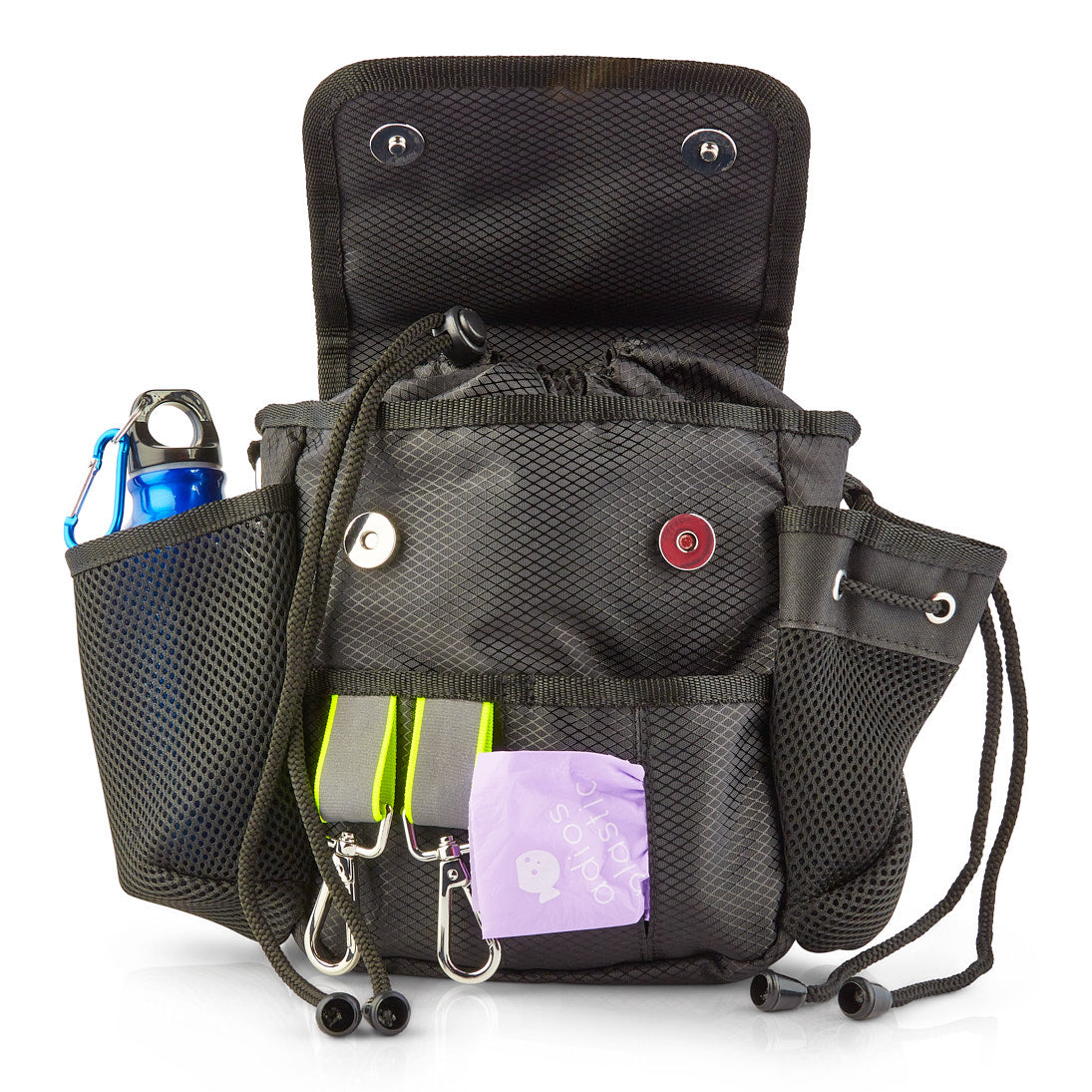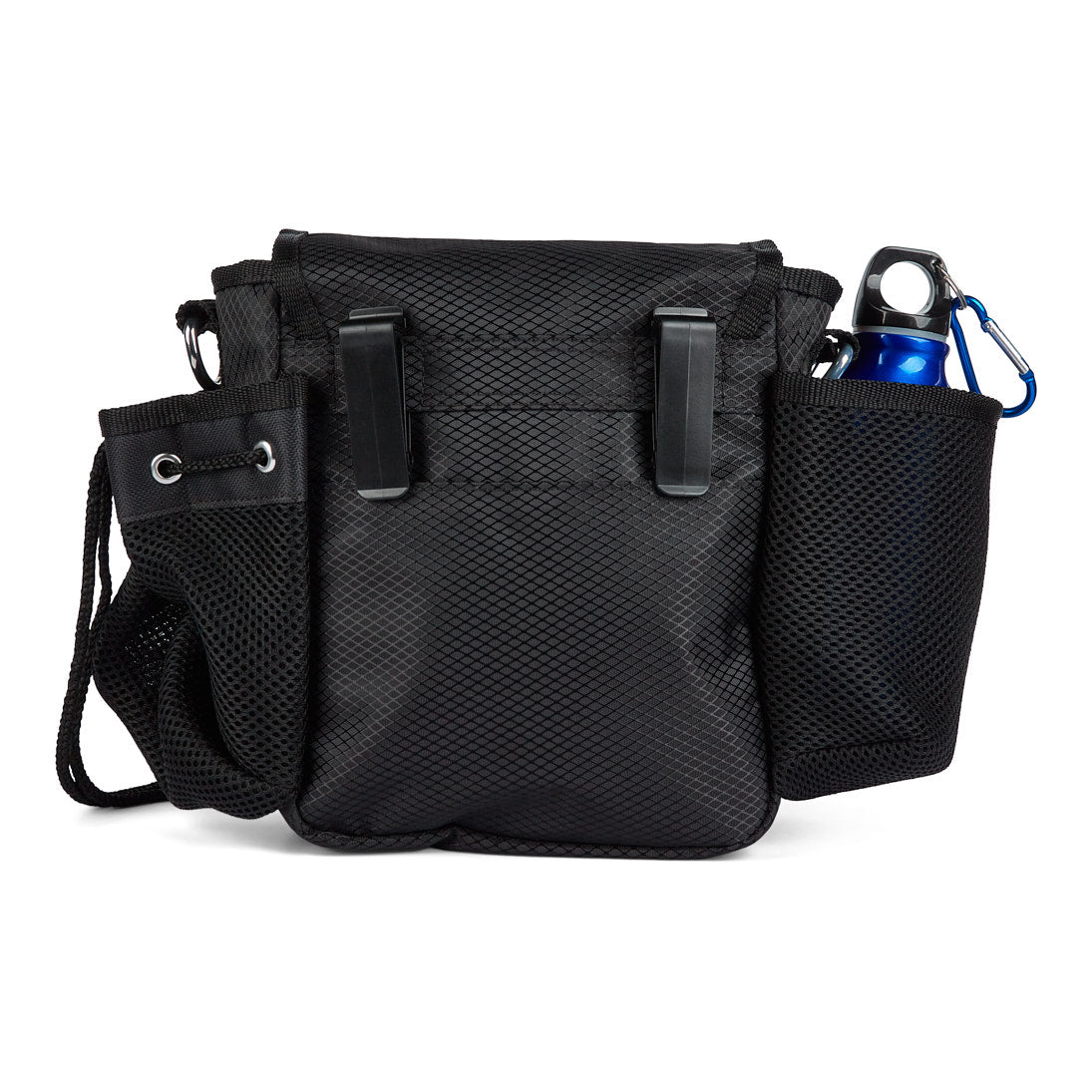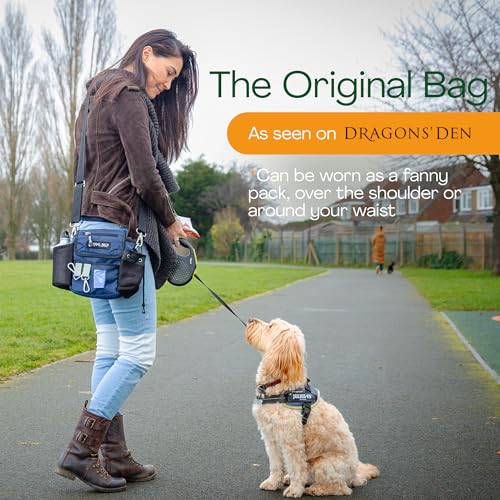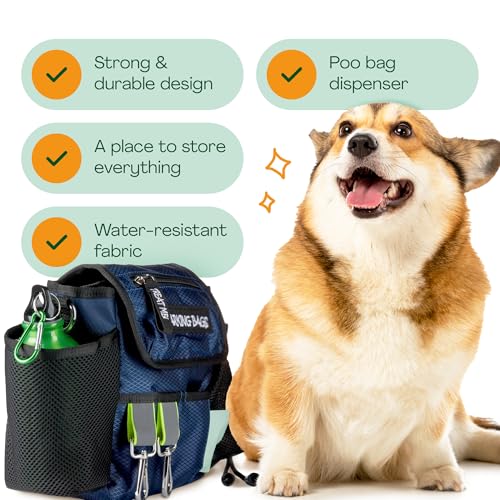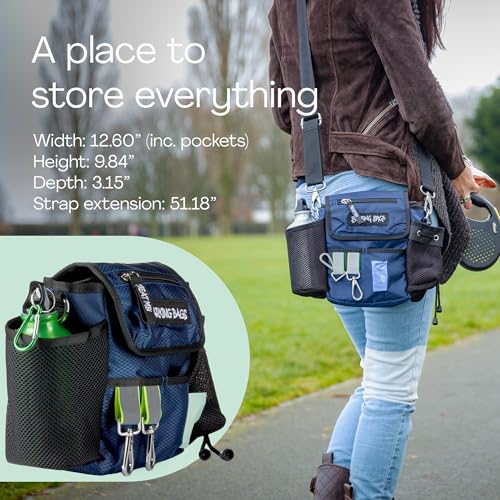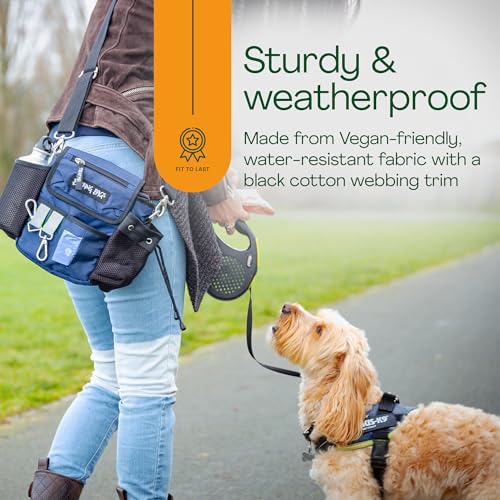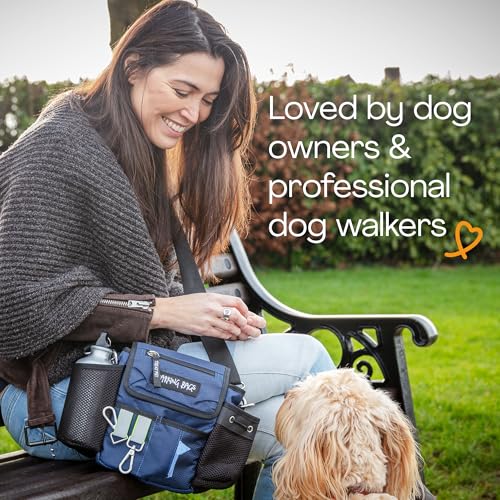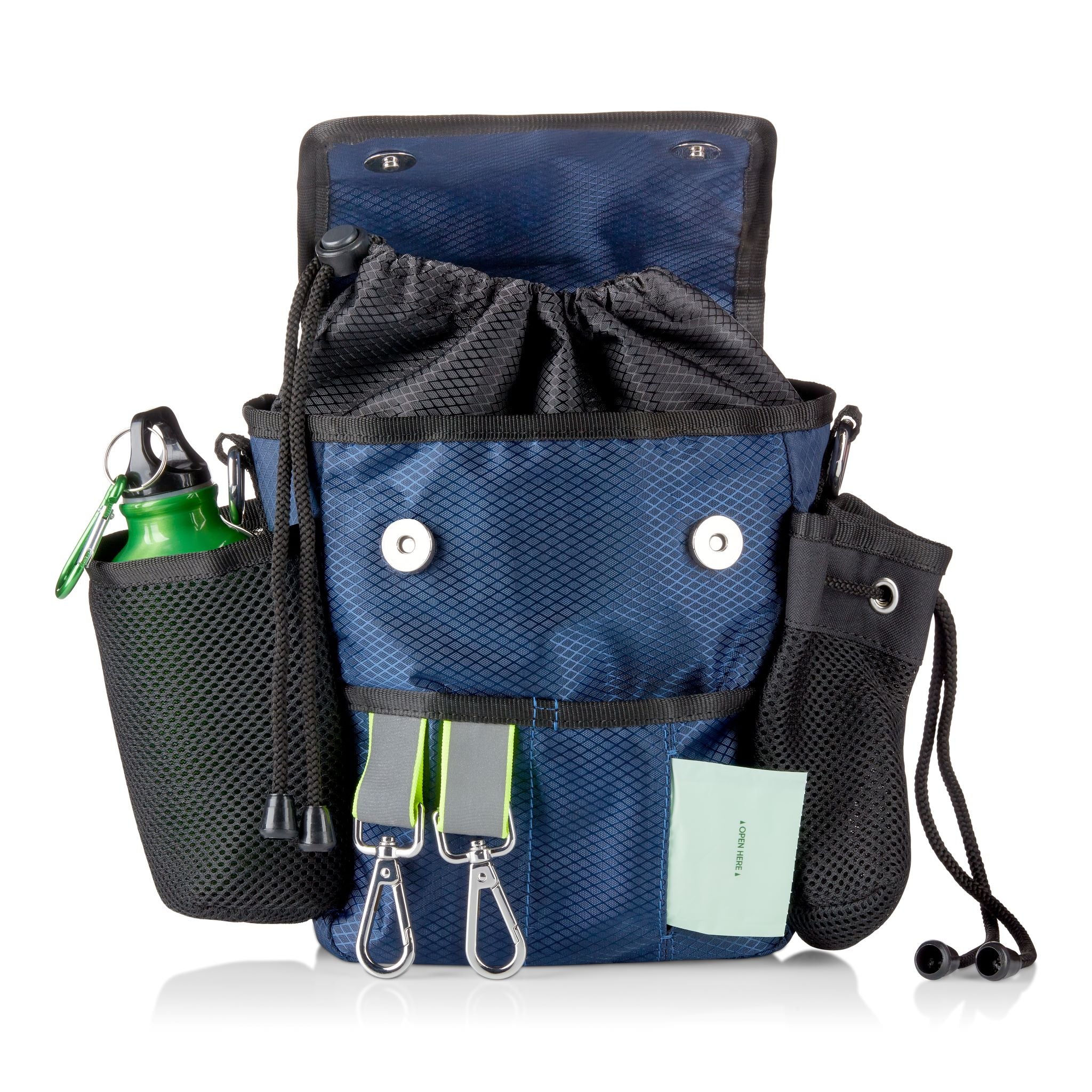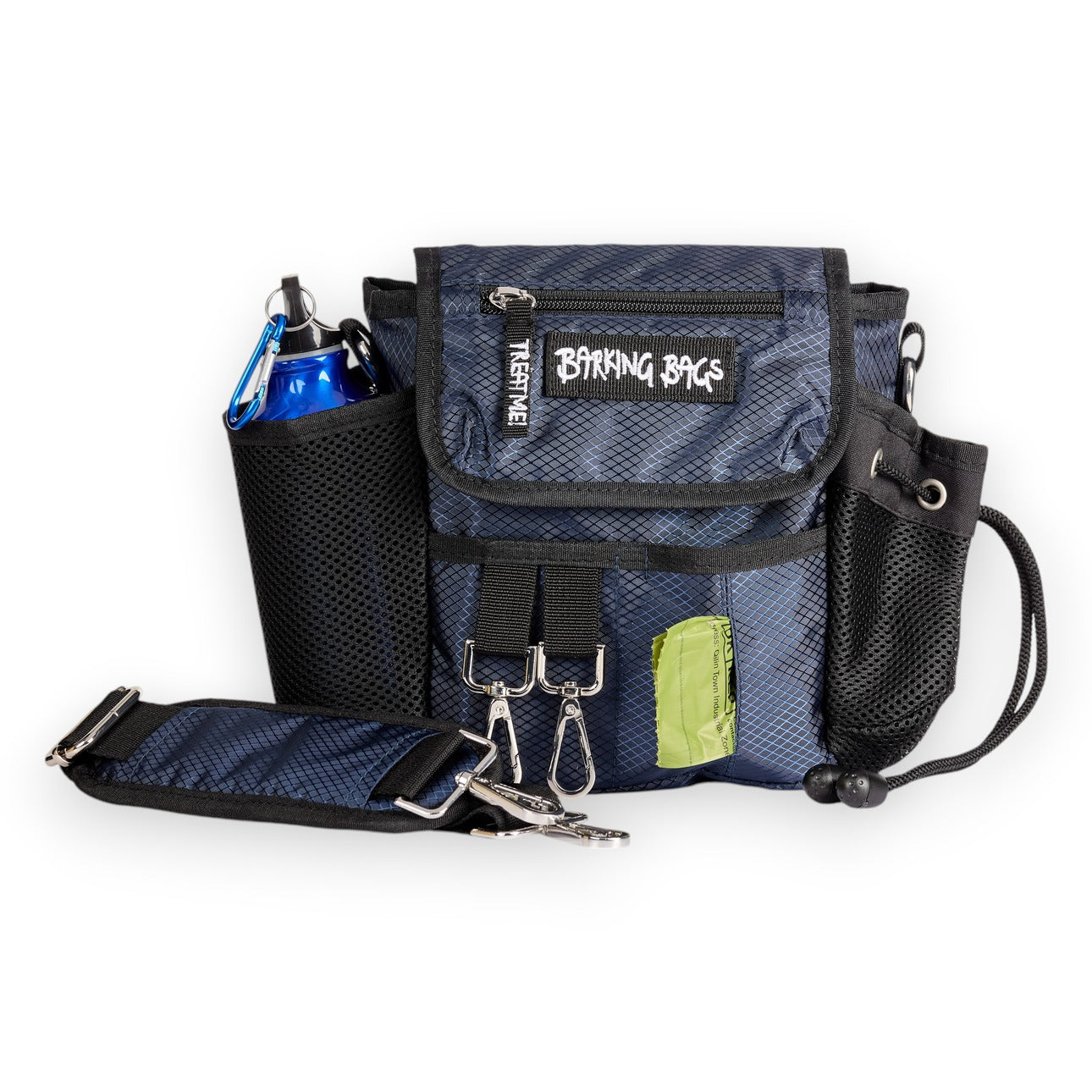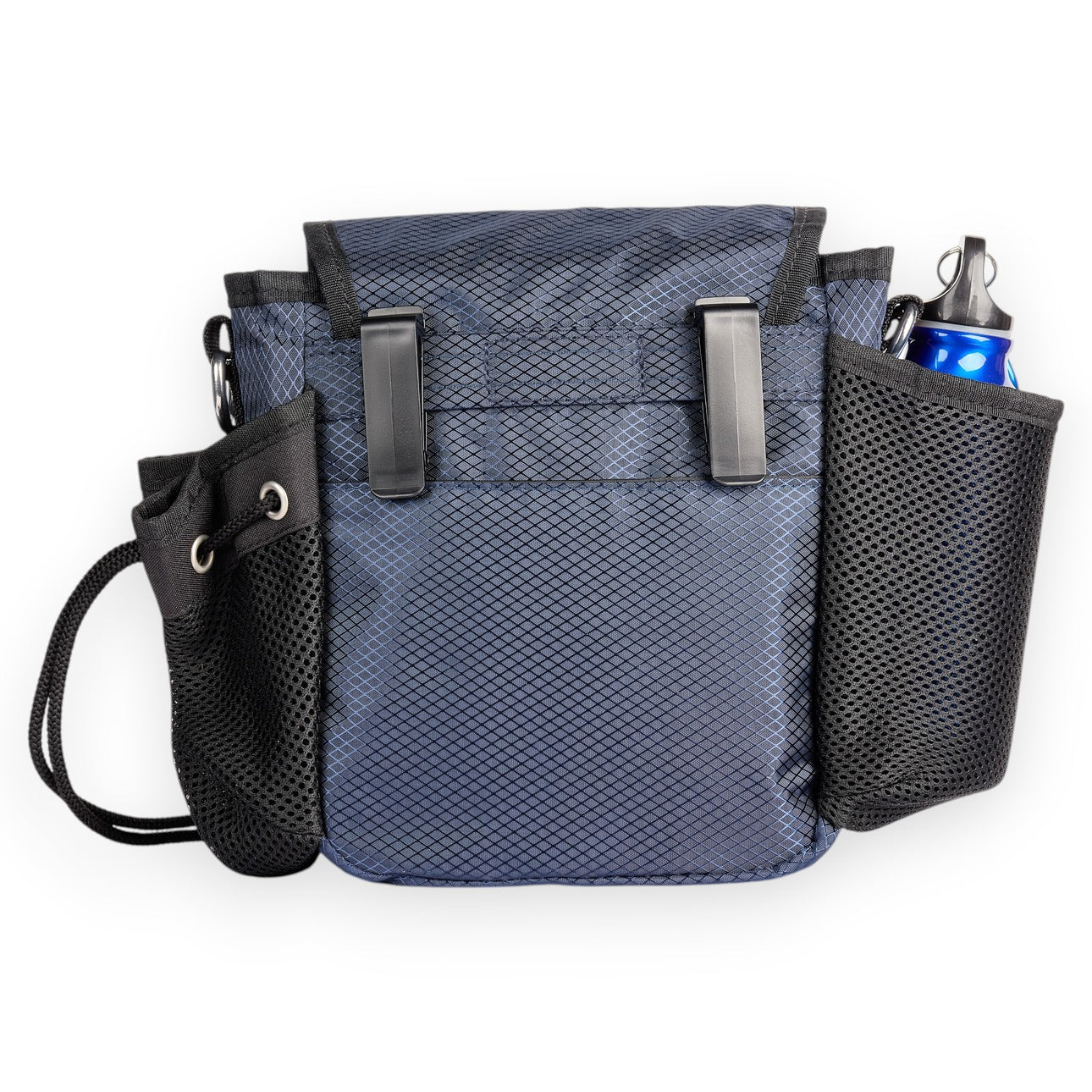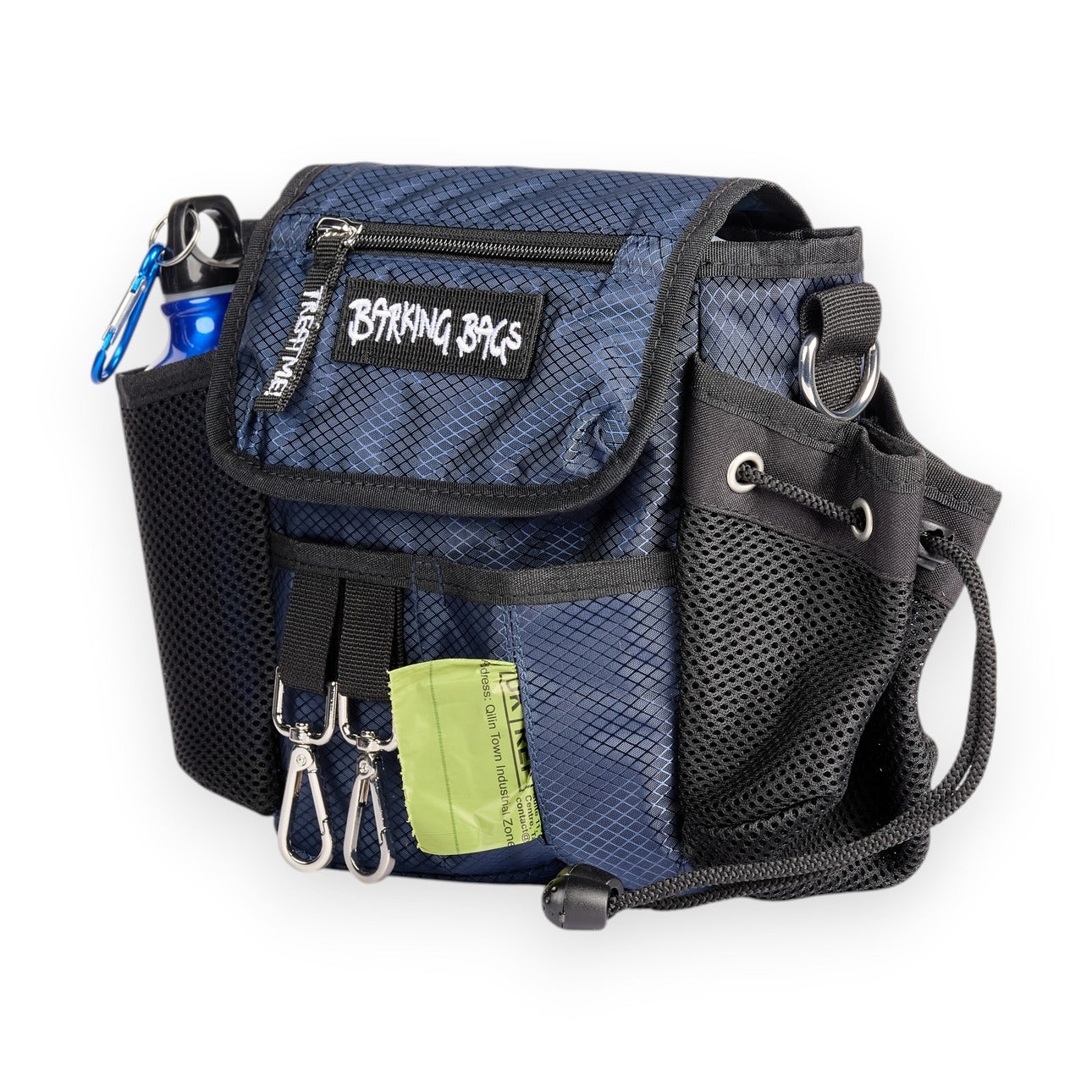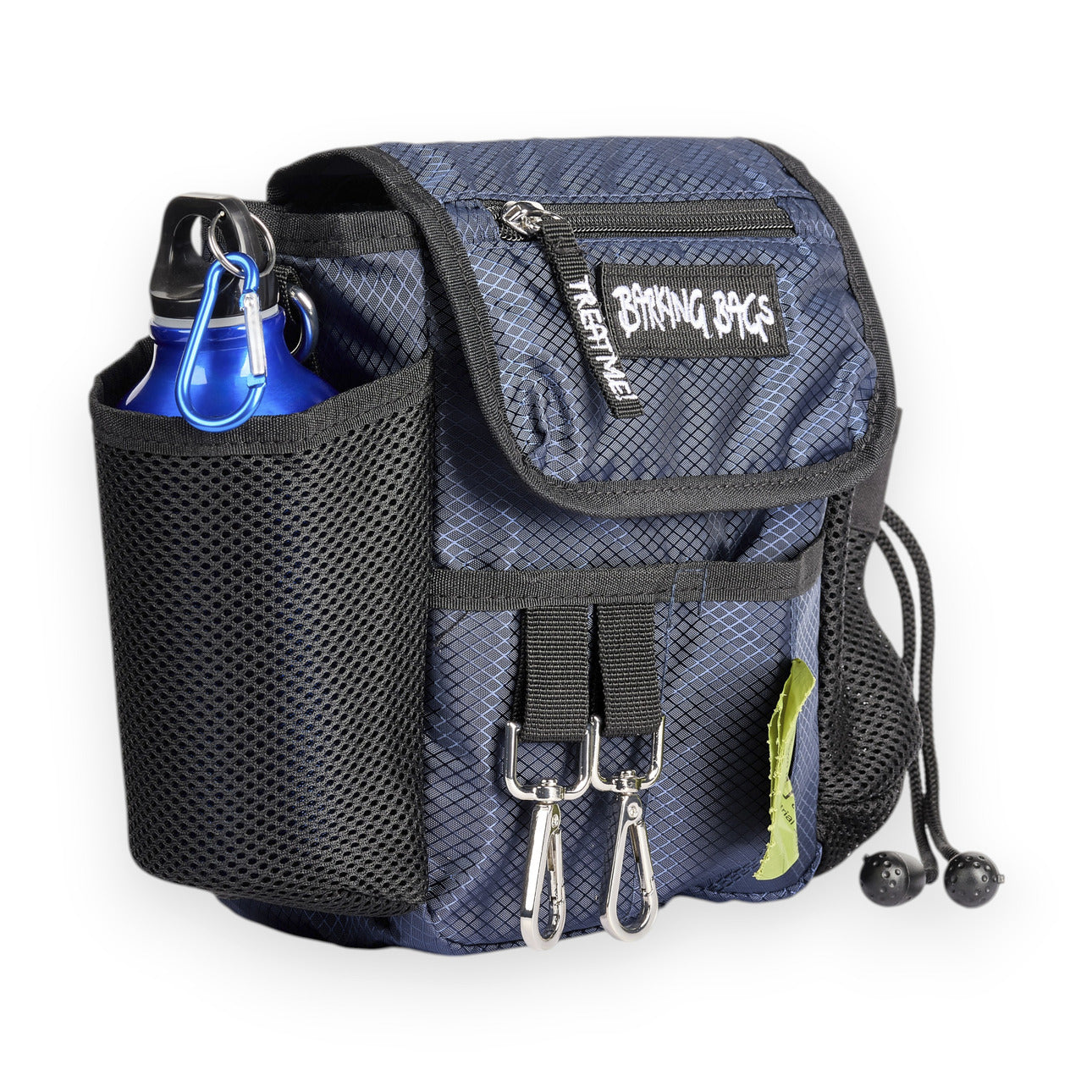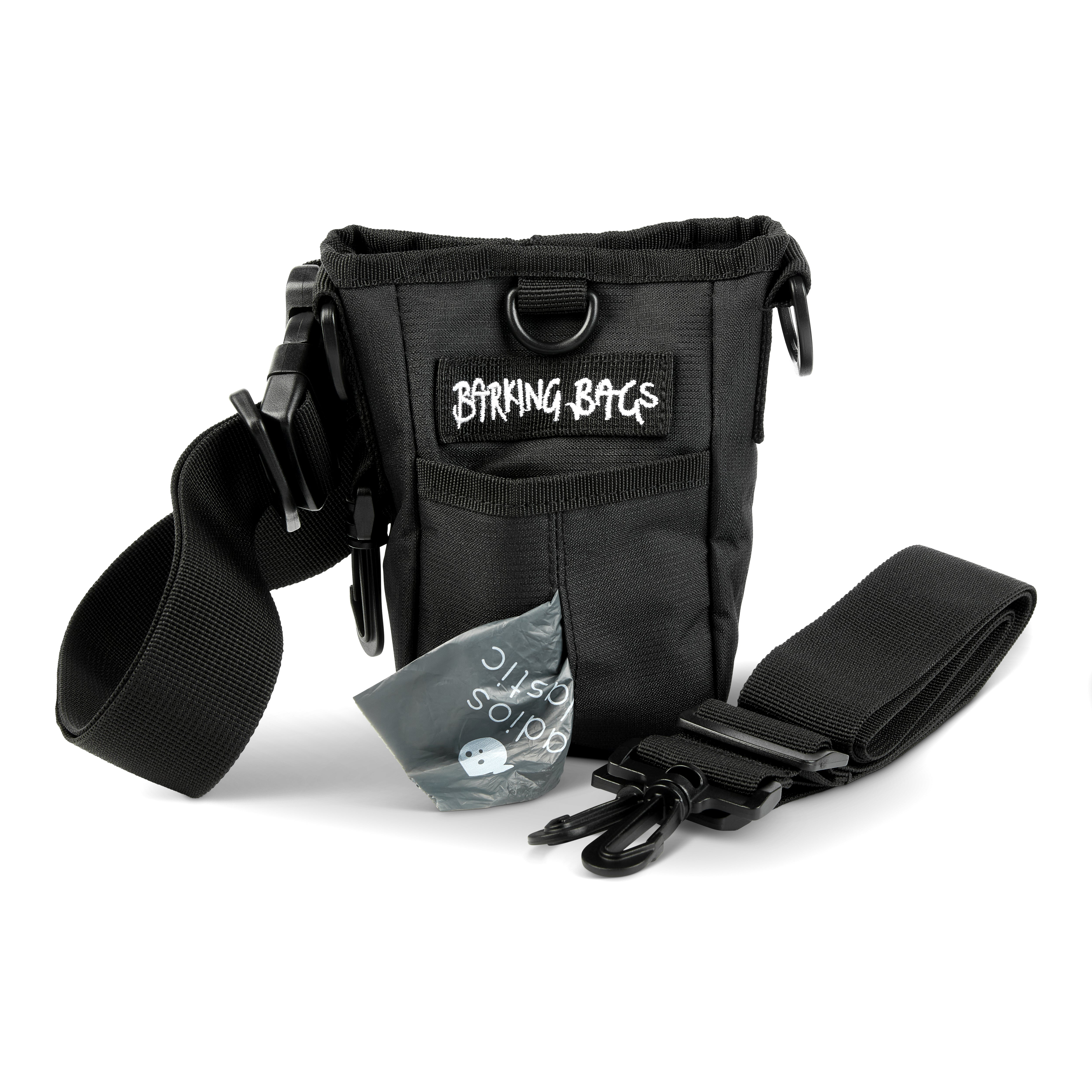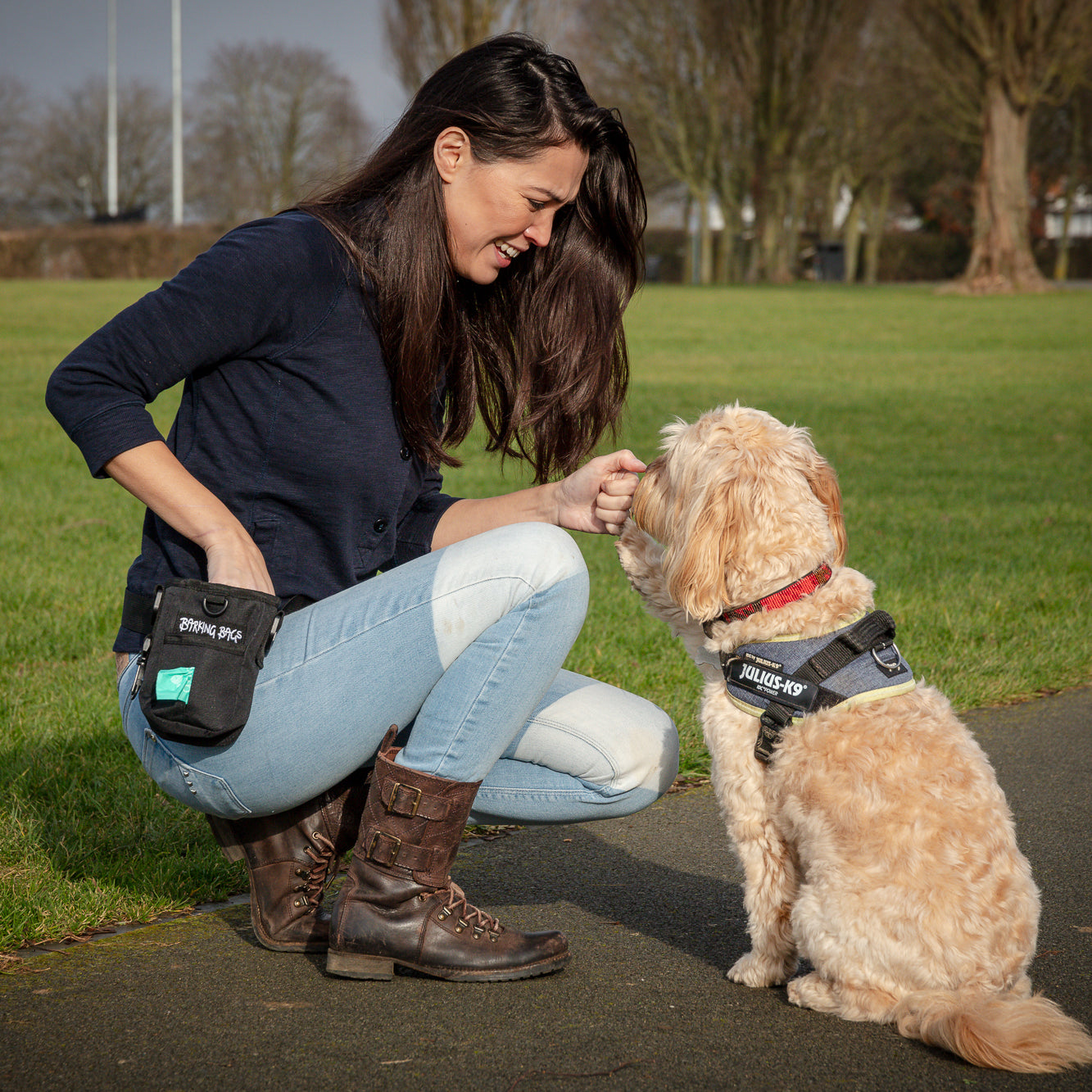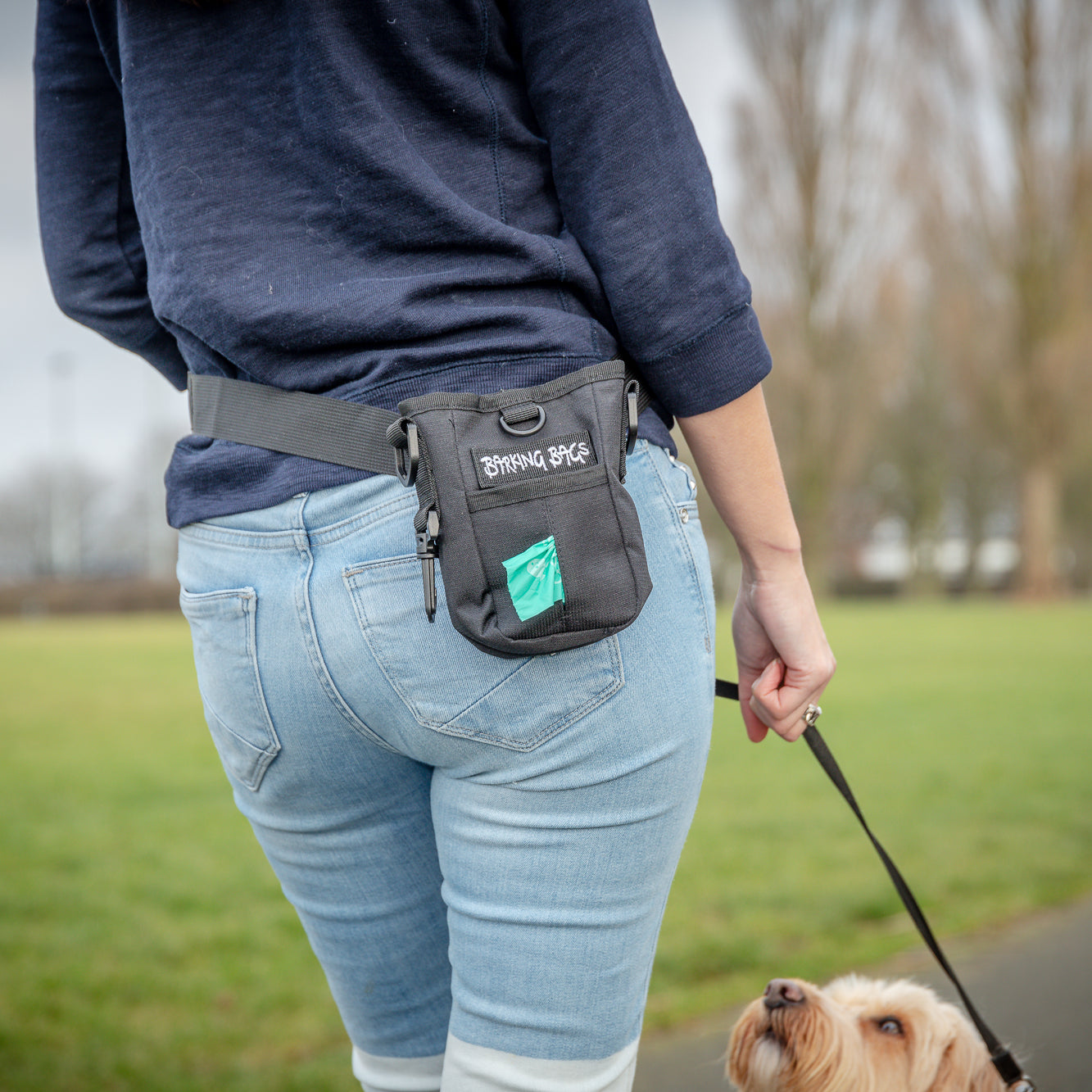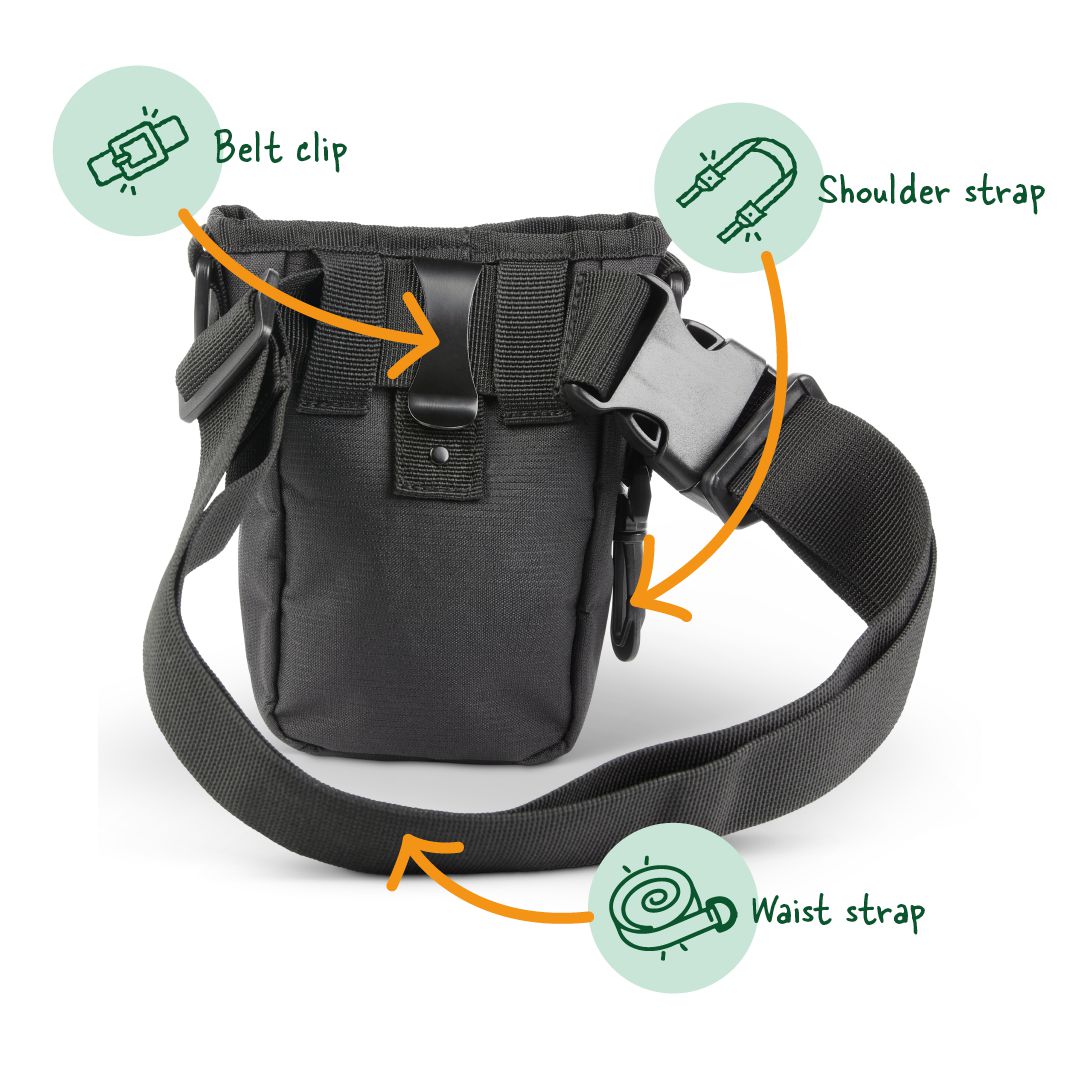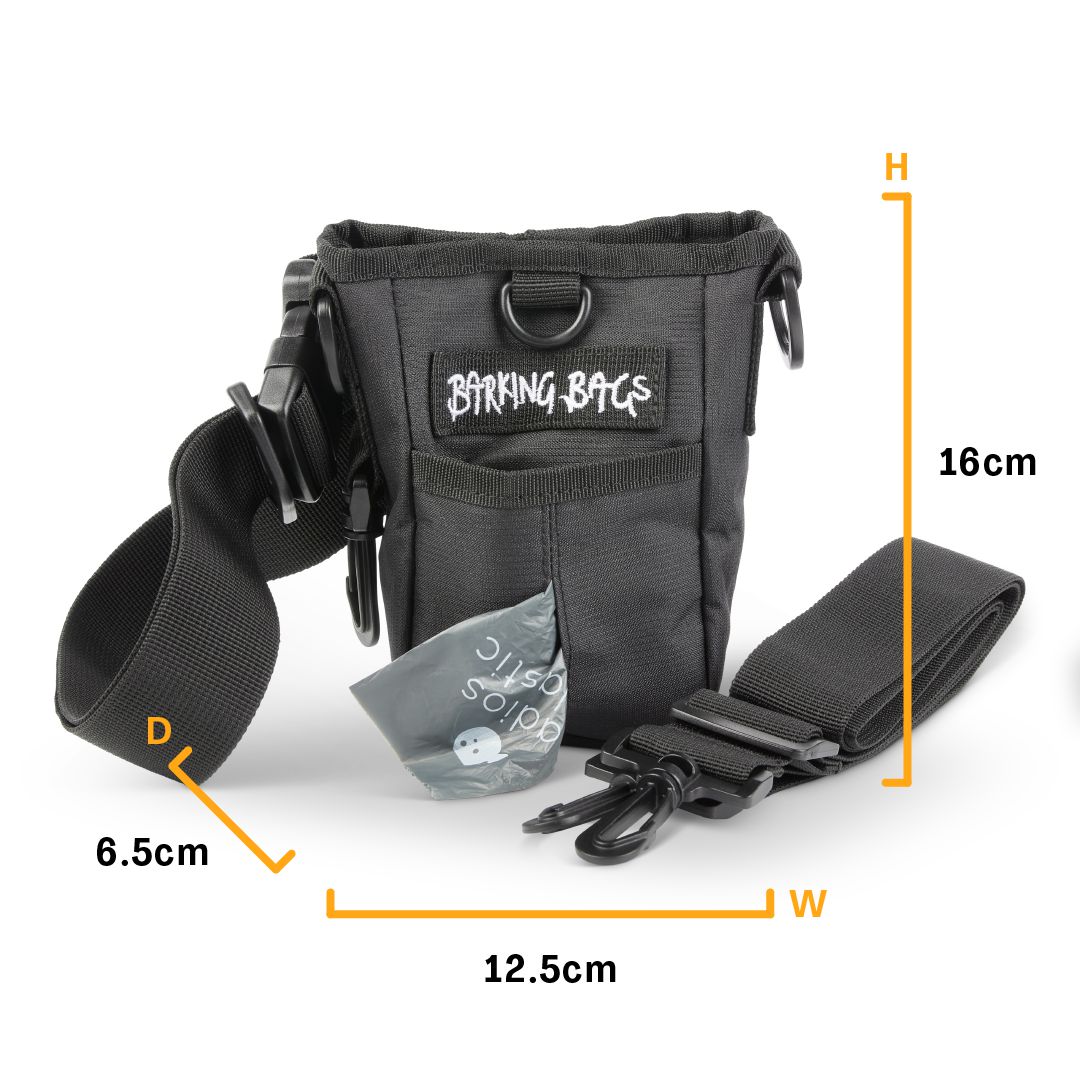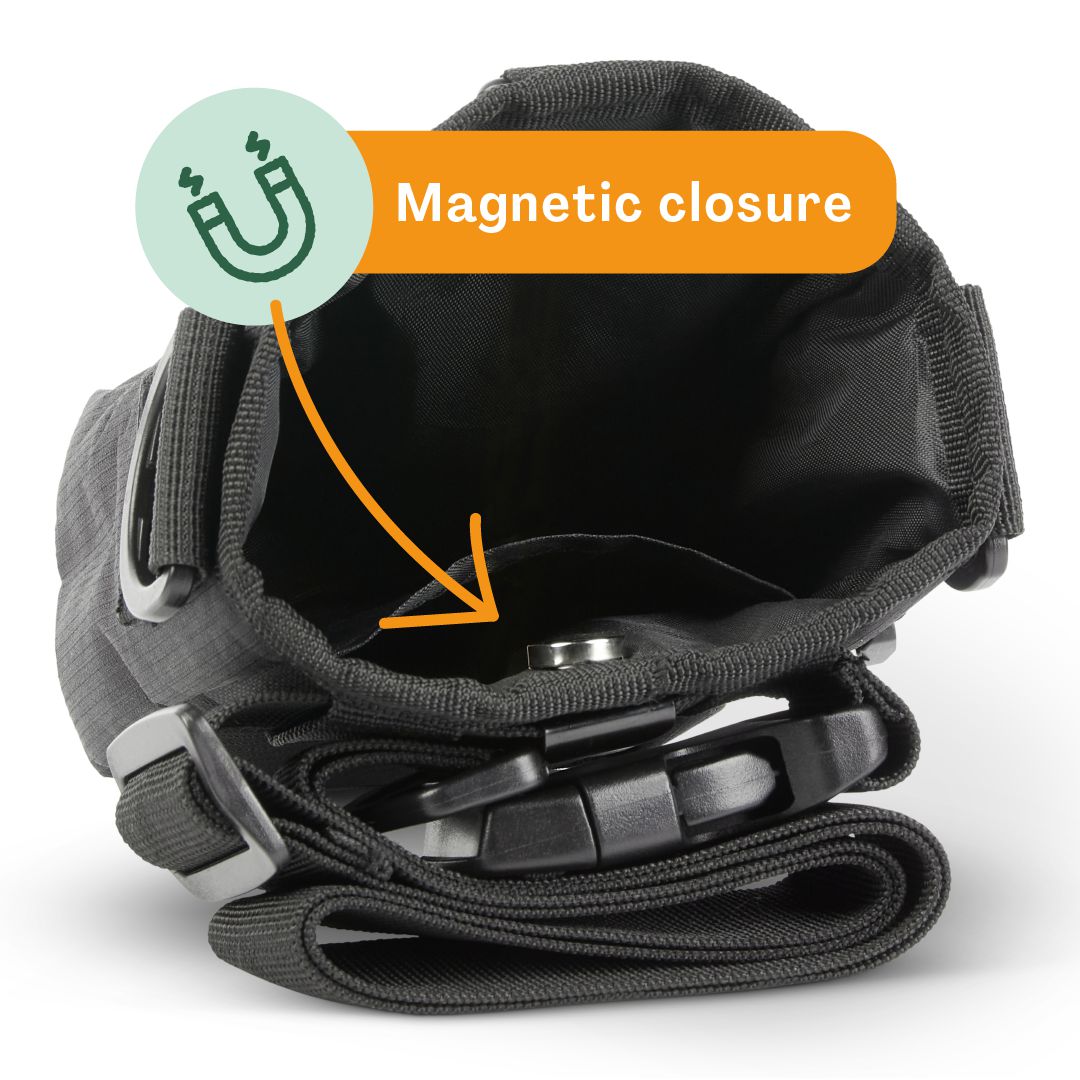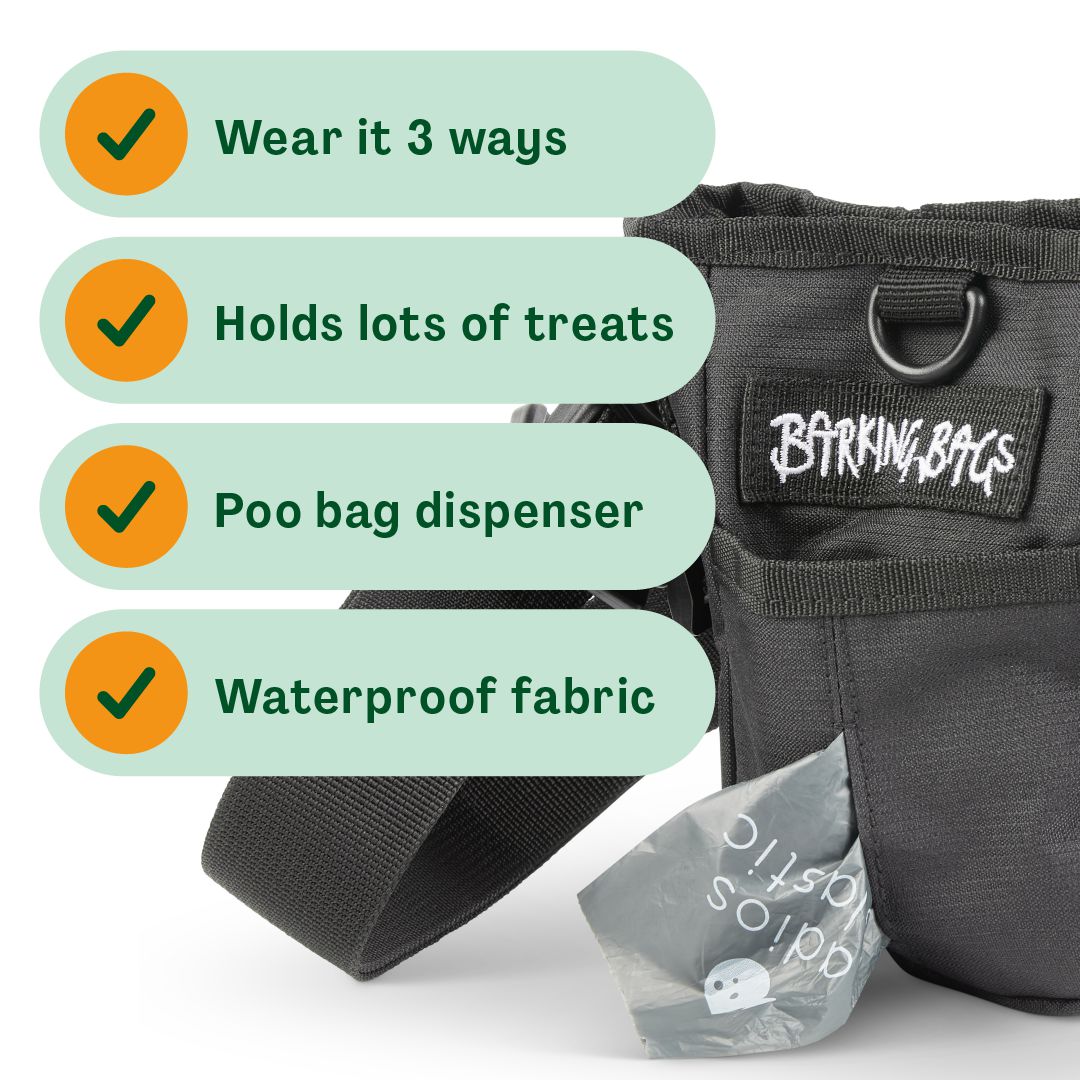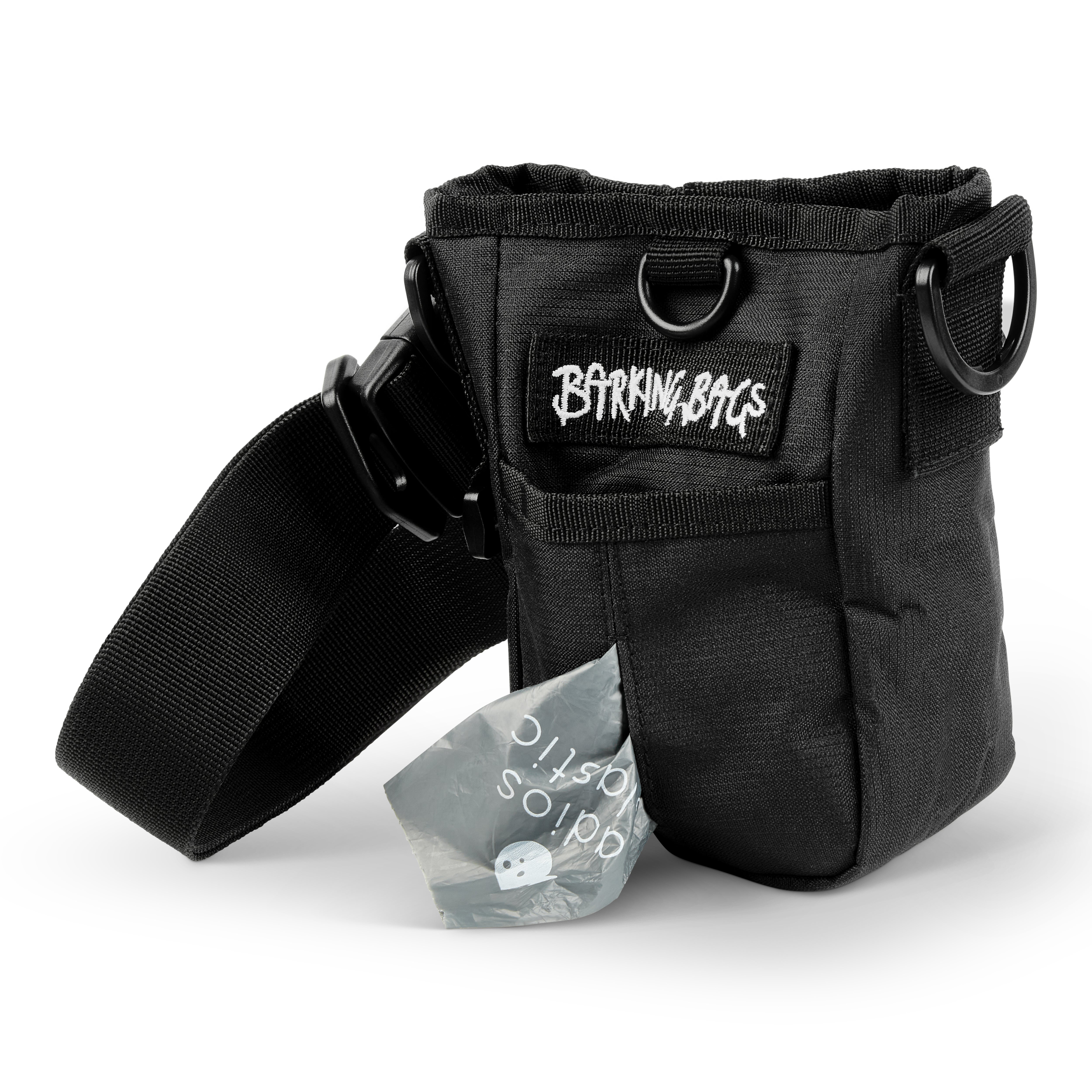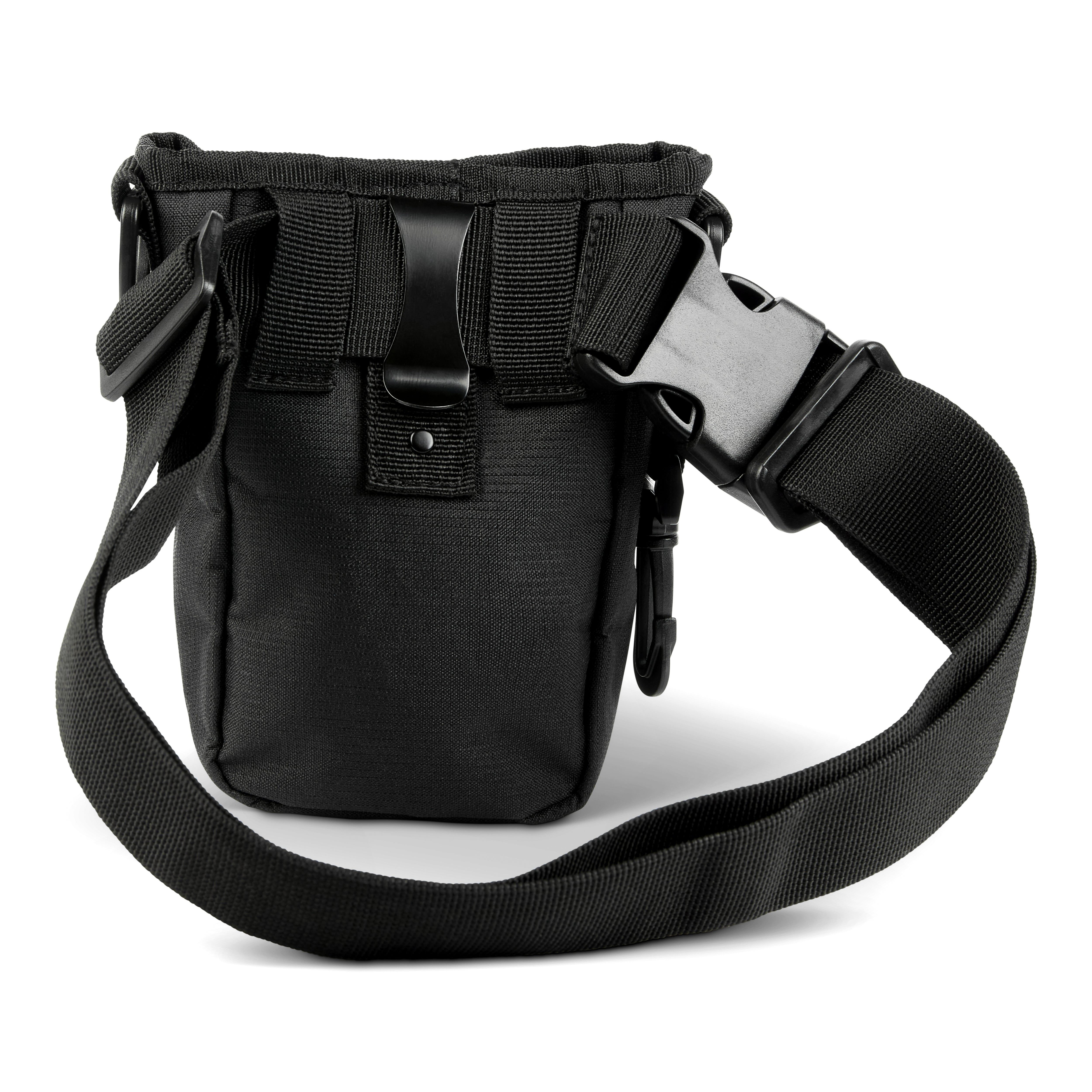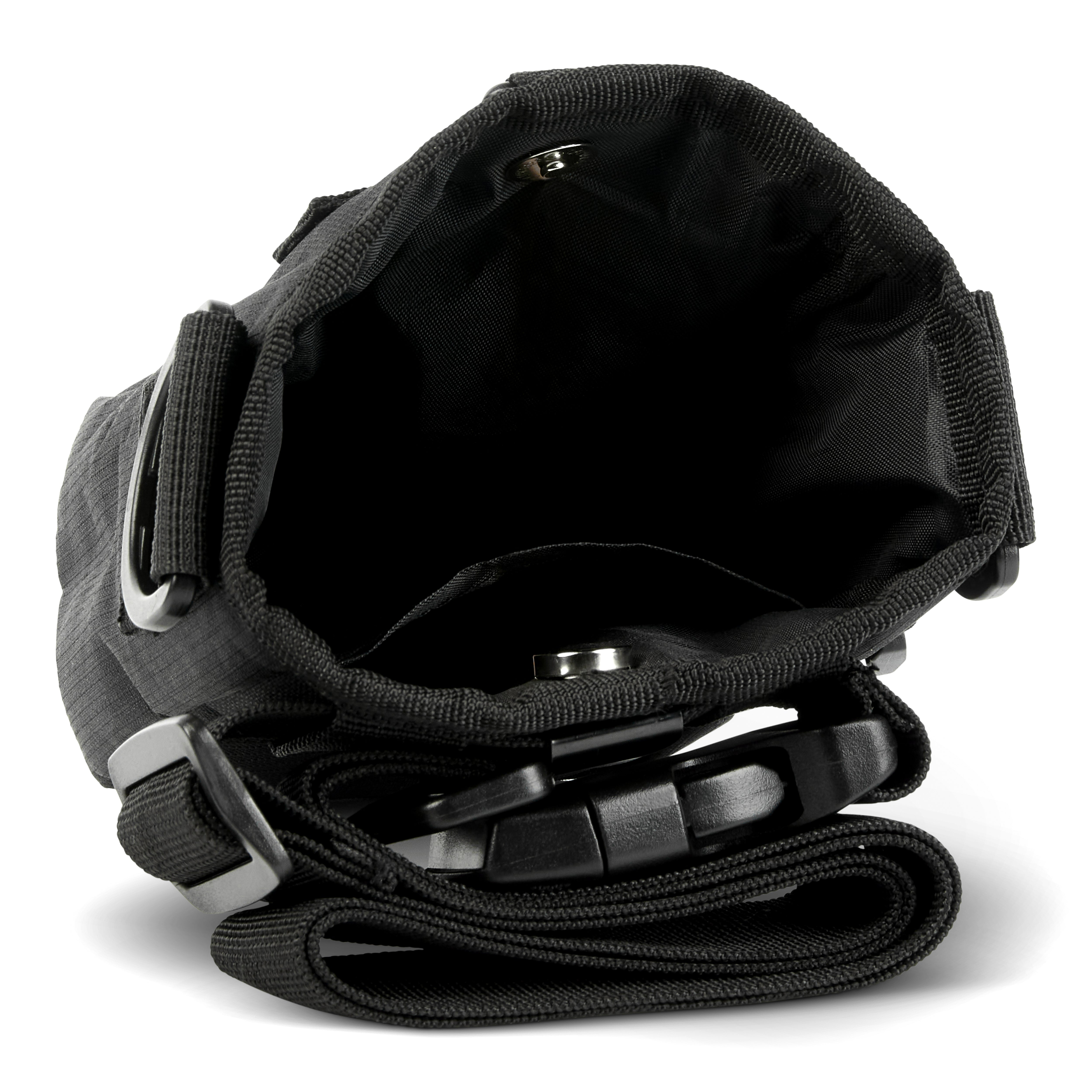Dog waste – the facts
There is a lot of poo out there

According to the PDSA in February 2020, 24% of the UK adult population now have a dog. We know that dogs bring all sorts of social and health benefits, but we need to get on top of the problem of dog waste if we aren’t going to alienate people in our communities.
Even before the boom in dog ownership, estimates suggested that there were over eight million dogs in the UK. That’s a lot of dogs! Unfortunately, that’s also a lot of poo – over 1,000 tonnes EVERY day. Speaking during a Government debate in 2017, MP Anne Main called for a ‘pragmatic poo strategy’, suggesting the amount of dog excrement produced every year was equivalent to the weight of the Empire State Building in New York and five times that of St Paul's Cathedral.

Is dog waste really so harmful?
We all know that dog mess is a nuisance and unpleasant but it can also harbour diseases, including toxocariasis, which is likely to affect young children as they are more likely to play in contaminated soils. It can result in severe eye infections and even vision loss.

Livestock
Parasites found in dog waste can be transmitted to livestock causing diseases which can result in death of sheep and abortion in cattle. According to the National Sheep Association, dog faeces can cause serious diseases in sheep through the contamination of food and water. Dog waste on grazing land can pass worms and parasites. The Barking Bags team were unaware until recently that dog mess should even be cleared from fields that do not currently have livestock grazing in them as the eggs of worms and parasites can survive on the ground for a long time.

If you take care of horses, you may know they are attracted to the smell of the cereal content in dog poo. Horses could eat it, given half the chance and it can do them serious harm.

The Law
Wherever you are in the UK you will face a fine of up to £80 of you fail to clean up your dog’s mess and are caught. That fine can rise to £1000 if you refuse to pay and the case is escalated to the courts. And some local authorities have gone one step further; obliging dog walkers to be in possession of poo bags at all times
The Dog Fouling Act of 2016 places responsibility on "the person in charge of the dog" . so even if you are walking a friend’s dog you are still liable.

The solution
Stick and flick v bagging the stuff
There are people who urge dog walkers not to bag up their pet's poo in the countryside - but to use a stick and flick it into the undergrowth in an effort to reduce the number of plastic bags blighting the landscape, especially as the practice of hanging poo-filled bags from trees is still rampant, polluting the environment.
Simply jettisoning full poo bags if there isn’t a bin is not the answer which is why some believe the right thing to do to is to flick the mess into the undergrowth or cover it with leaves. For me this is a nonstarter… not only is the flick and stick method an art (it usually ends up in pieces and not where it was intended) but I know it can be dangerous for wildlife and other dogs who manage to sniff it out wherever it is hidden. Apparently, dog waste can spread diseases including campylobacter, tapeworm, hookworm, roundworm, giardia, E. coli, and more rarely salmonella. For this reason, I personally still favour the ‘bag it and bin it’ solution but what are the pros and cons of this?
Using a poo bin

Taking poo bags on walks soon becomes second nature and easy if you have a dog walking bag, however, finding somewhere to dispose of these delightful little bags, until you reach a bin, is more of an issue. Most local authorities and parish councils have accessible poo bins. Before you are critical about where they are located or how few there are, remember they are difficult and expensive to maintain and they need to be close to road access – to be blunt, dog waste is heavy, so the poor souls emptying them need to be able to do so with the minimum of fuss.
Our dog walking bags have a poo bag dispenser so you can be confident you always leave home with a poo bag. They are designed to carry waste in a discrete extendable side pocket which can be sealed once it has been used and emptied once you have a poo bin or you reach home

Taking the waste home with you.
If you can take it home, it probably makes sense to do so – think of the poor person who has to empty an overflowing bin.
I have to confess that carrying a bag full of poo does take the edge off the beauty of any walk but the dog bag helps. It’s better to take the stuff home and double bag it before putting it into your home waste, but if purpose designed bins are available make use of them. Some standard waste bins also take dog waste and usually have a sign to let you know it’s safe to do so.


